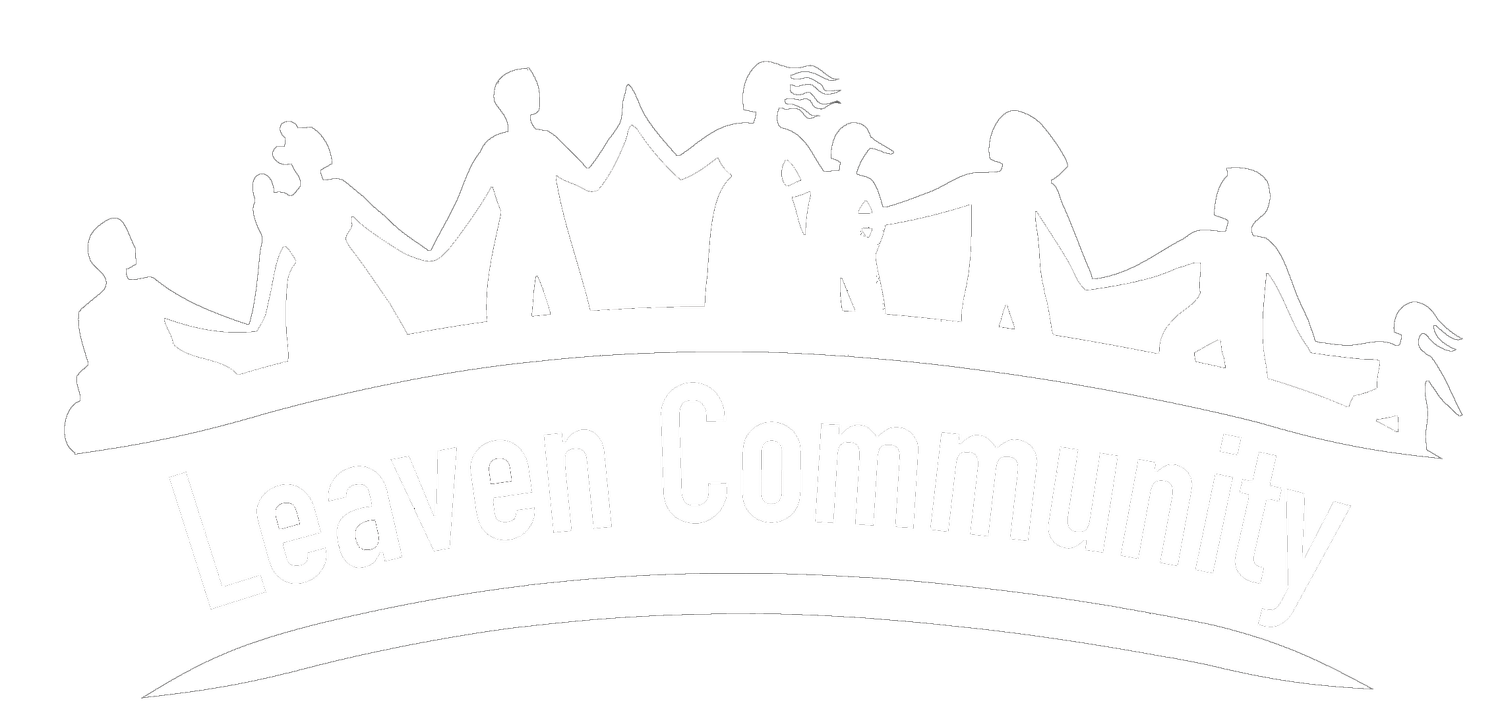Discussion Facilitator: Bruce Cantwell. Saturday, April 4, 2020.
Meditate in your space and join the online discussion at 10AM
Computer: https://us04web.zoom.us/j/8426812454
Mobile: +1 408 638 0968 - Meeting ID 842 681-2454#
Are you an obliger, upholder, questioner or rebel? Understanding how we and others respond to expectations can transform skillful speech into skillful communication.
Skillful speech is factually true, useful, connected to the goal, and timely. The four tendencies framework helps us navigate that vast gray area of opinion and personal preference.
How do you respond to outer expectations (like work deadlines, answering requests from friends) and inner expectations (keeping a New Year's resolution, start doing yoga or working out)?
According to Gretchen Rubin's book The Four Tendencies:
Obligers: Meet outer expectations. Resist inner expectations.
Questioners: Resist outer expectations. Meet inner expectations.
Upholders: Meet outer expectations. Meet inner expectations.
Rebels: Resist outer expectations. Resist inner expectations.
Not sure which one is you? Take the quiz. https://quiz.gretchenrubin.com/
The Four Tendencies and Zoom
The decision on how to structure the Zoom edition of Waking Up involved input from a questioner, an obliger, and an upholder.
Questioners meet inner expectations (like using Zoom to enable people to interact online when circumstances make it difficult for them to meet in person). But, they resist outer expectations (using video streaming to time a meditation when it can be done with any timer app). They will meet outer expectations if they make sense.
Obligers meet outer expectations (keeping appointments to interact online when circumstances make it difficult for them to meet in person). But, they resist inner expectations (carving out a specific time to meditate each day when there are competing outer expectations). Obligers will meet inner expectations if they are accountable to others.
Upholders meet inner expectations (like using Zoom to enable people to interact online when circumstances make it difficult for them to meet in person). And, they meet outer expectations (keeping an appointment to meditate with others).
Rebels resist inner expectations (carving out a specific time to meditate each day). And, they resist inner expectations (like using Zoom to enable people to interact online when circumstances make it difficult for them to meet in person). They will meditate or participate in discussion when and if it suits them.
Questioners don't need to log on to Zoom at 9:00 a.m. in order to meditate, but they may meet the outer expectation because it motivates Obligers to meditate.
Upholders don't need Zoom at 9:00 a.m. in order to meditate, but they like to maintain the status quo.
As a communication short-hand:
Obligers need accountability.
Questioners need reasons.
Upholders need consistency and clarity.
Rebels need information, consequences, and choice.
Can you think of a time in your life when interacting with someone from another Tendency led to misunderstanding or conflict?
Could understanding both tendencies (yours and the other person's) have helped resolve that conflict?
Additional Resources:
Upholders and Obligers can buy a copy of The Four Tendencies using the Amazon Smile option to benefit Leaven Community.
Questioners can customize how they use the tendencies by visiting the resource page.
Rebels may choose to focus on the episode that's all about them.

